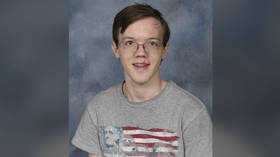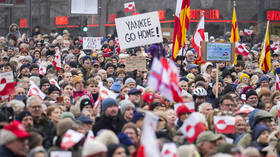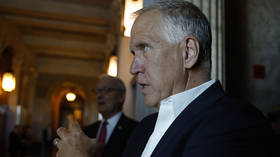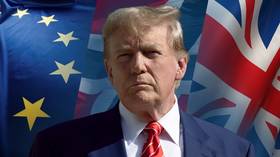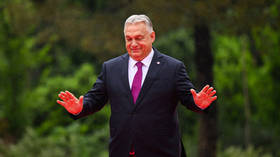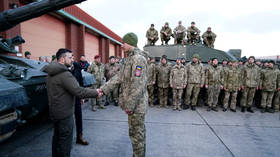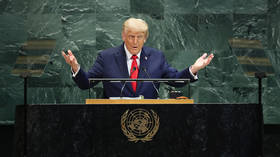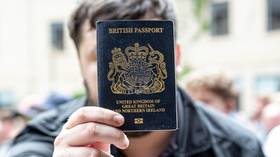US Secret Service explains failure to secure roof used by Trump sniper
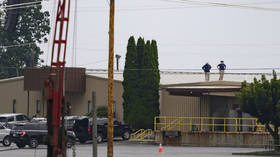
Kimberly Cheatle, the head of the US Secret Service, has claimed safety concerns prevented her agents from deploying on the roof of the building from which a would-be assassin targeted Donald Trump.
The presidential candidate narrowly escaped death during a campaign rally in Butler, Pennsylvania on Saturday when a lone gunman fored several shots at Trump. His Secret Service detail reacted only after a bullet nicked his ear. One rallygoer was killed and two others were seriously injured.
“That building in particular has a sloped roof at its highest point. And so, you know, there’s a safety factor that would be considered there that we wouldn’t want to put somebody up on a sloped roof,” Cheatle told ABC News on Tuesday. “And so, you know, the decision was made to secure the building, from inside.”
The shooter, identified as Thomas Matthew Crooks, was able to climb on top of the factory building and had a clear line of sight to Trump less than 120 meters away. The roof in question was far less sloped than the one behind the rally stage, where Secret Service counter-snipers were positioned.
Cheatle’s explanation was met with outrage and disbelief among experts. Joe Kent, a former Army Special Forces officer now running for Congress, wondered why the Secret Service didn’t secure access points to the building.
“The Secret Service director said, ‘don’t worry, we didn’t put someone on the roof because it could’ve created a dangerous situation.’ Like what? Someone getting shot in the head?” said Dan Bongino, a former Secret Service agent turned-conservative talk show host.
Homeland Security Secretary Alejandro Mayorkas has said Secret Service “failure” played a part in Saturday’s events, but that he has “100% confidence” in Cheatle.
The attempted assassination was “unacceptable” and “something that shouldn’t happen again,” the Secret Service director told ABC News, but added that she has no intention of resigning.
Cheatle also did not address criticism that Trump’s protection detail included three women who were much smaller in stature than the Republican presidential candidate. The Secret Service chief, who was appointed by President Joe Biden, has previously said she would prioritize diversity, equity and inclusion (DEI) practices, such as hiring more women and minorities.
“DEI is one thing, competence and effectiveness is another, and I saw DEI out there,” former FBI Assistant Director Chris Swecker told the New York Post after the Butler shooting.
When Trump appeared at the Republican National Convention in Milwaukee on Monday, his security detail was composed entirely of men close to him in height.
